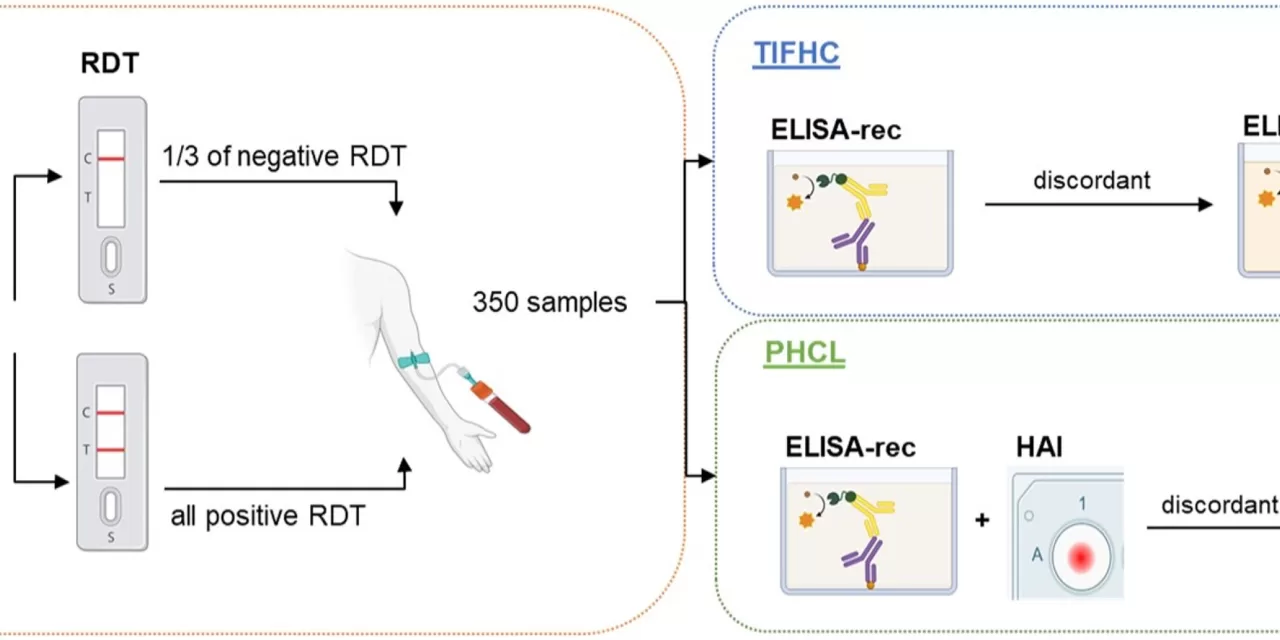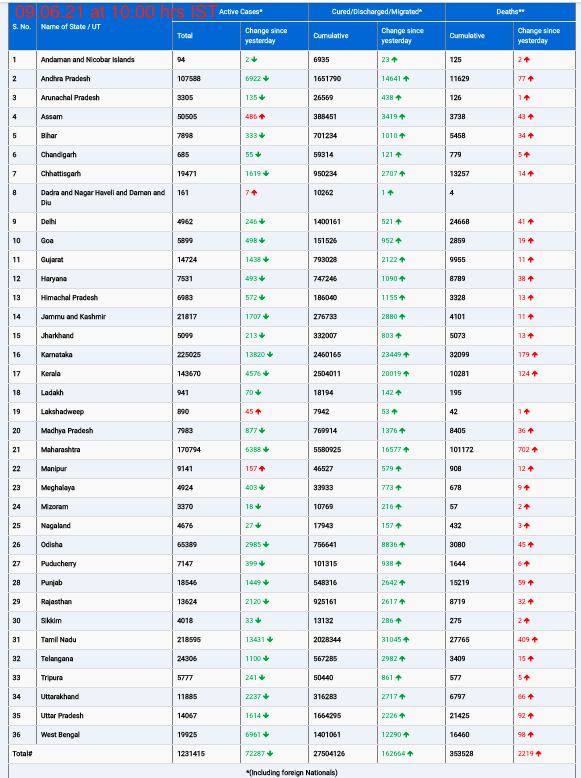A new study conducted by the Barcelona Institute for Global Health (ISGlobal) highlights the potential of rapid diagnostic tests (RDTs) to improve access to Chagas disease diagnosis in resource-limited areas. Published in PLOS Neglected Tropical Diseases, the research reveals a significantly higher prevalence of Chagas disease in an indigenous community in Paraguay compared to the country’s capital.
Chagas Disease: A Public Health Concern
Chagas disease, caused by the Trypanosoma cruzi parasite, remains a major public health issue across the Americas, affecting between six and seven million people. The disease is primarily transmitted by insect vectors, and under-diagnosis remains one of the greatest challenges in its control. Currently, less than 1% of affected individuals receive treatment due to limited access to reliable diagnostic methods.
A New Diagnostic Algorithm for Resource-Limited Settings
Traditionally, Chagas disease is diagnosed through serological tests that detect antibodies against T. cruzi in the blood. However, these methods require specialized personnel and equipment, making them difficult to implement in remote regions. To address this gap, Paraguayan health authorities have proposed an alternative diagnostic algorithm that combines RDTs with conventional serological tests like enzyme-linked immunosorbent assay (ELISA).
“In July 2023, we conducted a two-week screening campaign in the endemic community of Casanillo, located in the Paraguayan Chaco, where we tested 999 individuals,” explained Sofía Ardiles Ruesjas, ISGlobal researcher and first author of the study.
The research team compared the effectiveness of this combined method with the standard approach recommended by the Pan American Health Organization (PAHO) and the World Health Organization (WHO), which relies solely on conventional serological testing.
The Benefits of Rapid Diagnostic Tests
Conventional serological tests, while highly accurate, pose challenges due to the need for laboratory infrastructure, skilled personnel, and patient accessibility to health centers. Rapid diagnostic tests, on the other hand, offer several advantages: they require only a small blood sample from a finger prick, provide results quickly, and do not necessitate specialized equipment. The study validated the use of RDTs for initial screenings, reducing the need for extensive laboratory testing in endemic areas.
“Each participant underwent a rapid diagnostic test, and those with positive results were confirmed using two serological techniques—recombinant ELISA and lysate ELISA,” noted Ruesjas.
Disparities in Chagas Disease Prevalence
The study found a seroprevalence of 12.6% in the Casanillo community, significantly higher than the 2.1% prevalence estimated from blood banks in Asunción, Paraguay’s capital. This disparity underscores the health inequalities between rural and urban populations.
The diagnostic algorithm utilizing RDTs showed a high level of accuracy, with a sensitivity of 94.6% and a specificity of 98.6%. These findings support the adoption of rapid testing strategies to enhance diagnosis in remote areas.
“The results obtained are particularly relevant in the context of a global re-evaluation of Chagas disease diagnostic and treatment guidelines,” said Irene Losada, senior author of the study and coordinator of ISGlobal’s Chagas Initiative. “By adopting RDT-based algorithms tailored to each region, we can significantly improve access to diagnosis for thousands of people living in remote communities.”
Future Implications
The study’s findings have significant implications for public health policies, particularly in regions where access to healthcare is limited. By integrating rapid tests into diagnostic strategies, health authorities could improve early detection rates, ensuring more individuals receive timely treatment and reducing the disease’s overall burden.
Reference
Sofia Ardiles-Ruesjas et al., Prevalence and diagnostic accuracy of different diagnostic tests for Chagas disease in an indigenous community of the Paraguayan Chaco, PLOS Neglected Tropical Diseases (2025). DOI: 10.1371/journal.pntd.0012861
Disclaimer
This article is for informational purposes only and does not constitute medical advice. Individuals concerned about Chagas disease should consult a healthcare professional for proper diagnosis and treatment options.












